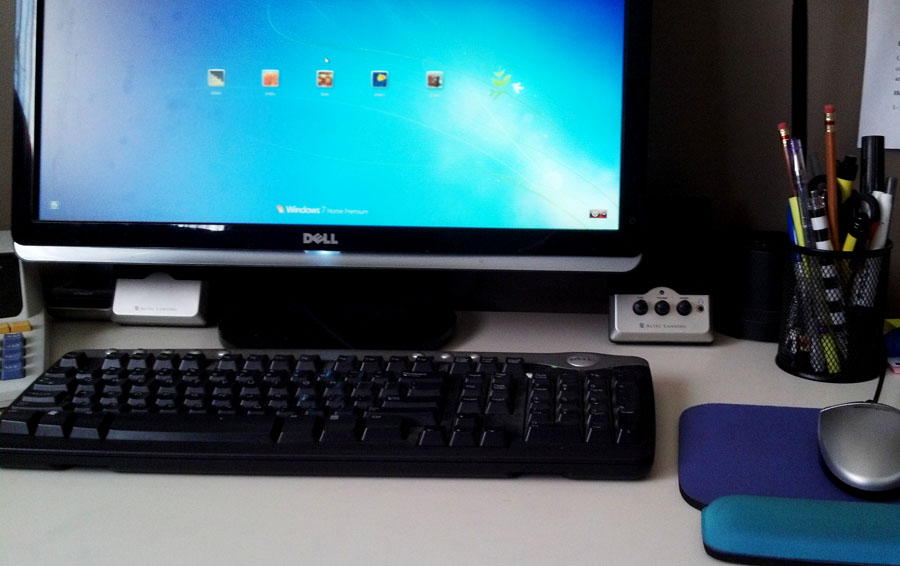
by EVAN MATTHEWS, editor
Facebook is an interesting medium.
Originally it was designed to bring people together, and in so many ways, the social media platform does just that.
It does the obvious things like keeping us connected through messaging and photos. We have the ability to engage with people from our past, and people we cannot see due to geographical impediments or circumstance.
But it also allows us to connect with people we don’t know all that well, and create a sense of community, even if only virtually.
One of my favourite things about Facebook is how it provides the ability to generate positive and thoughtful discussion with people who are willing.
It allows for people to share perspectives and gain understanding that might not otherwise be shared.
But in the same breath, people can choose to approach anything — including social media, and Facebook — any way they choose.
And just as much as Facebook can bring people together and create positive things like intellectual discussion, conversations can just as easily be uninformed, become personal, or alienate and isolate people as well.
It’s not a complaint, mainly an observation.
For a lot of people, whether Facebook presents a full-on verbal confrontation, or the more passive form of scrolling personal feeds with subconscious judgment of people’s life choices, Facebook can lead users on any side of divisive issues, worldviews or the political spectrum to experience a depressing state of mind, where they find themselves in “defensive mode” in a lot of instances.
Facebook has this strange way of creating an ironic fracture in the medium’s intended purpose, which was bringing people together, by ultimately dividing them.
Whether it’s religion, politics, or just somebody’s ego, people find reasons to passionately defend their worldviews and have conversations via social media that impact their lives — their overall happiness — away from the computer screen.
Sometimes it feels like people care more about being right than they do about working toward greater understanding.
Keep in mind; I’m bringing this up as somebody who doesn’t typically shy away from a verbal discussion or confrontation — on social media or otherwise — so there is a level of hypocrisy in what I’m saying.
But ultimately, I can’t wrap my head around it; I can’t tell if Facebook and social media leave me with a generally more positive or negative feeling toward humanity. Sometimes I want to be rid of social media, and other times I think there are legitimate reasons I need it.
Then I wonder, does it matter?
Maybe ask yourself the same thing. Does Facebook leave you generally happy? Or sad? Do you need it? Or do you like it? Or do you even care — is it just something you do? Is it not?
And just because I brought it up the topic doesn’t mean I’m going to be getting rid of Facebook any time soon. Whether it’s a way of staying connected and plugged in, a psychological addiction, or just another thing to bitch about, Facebook is here to stay.
At least, for the time being.



